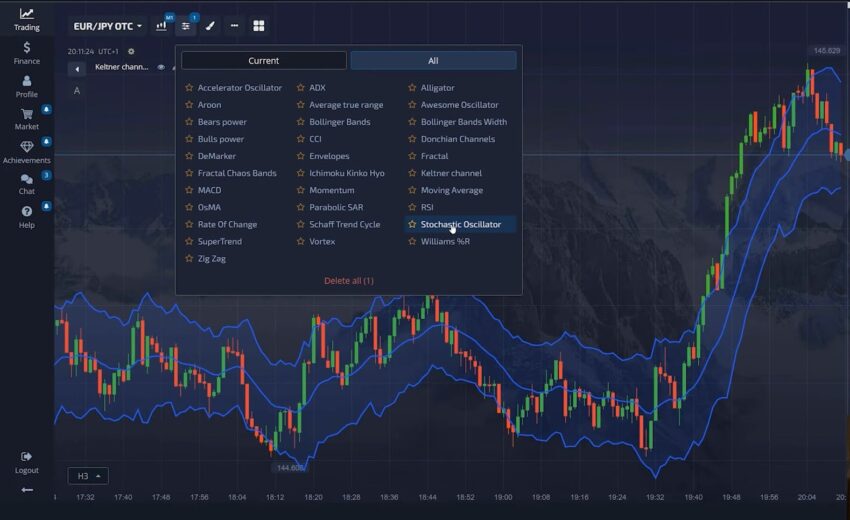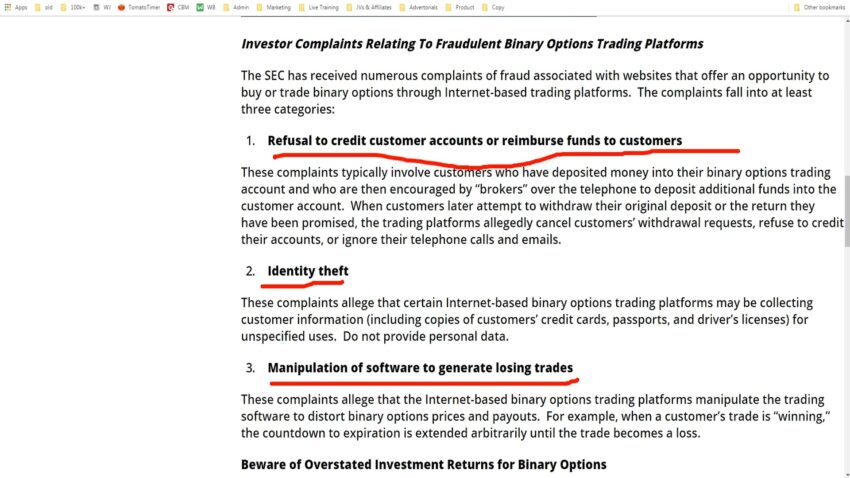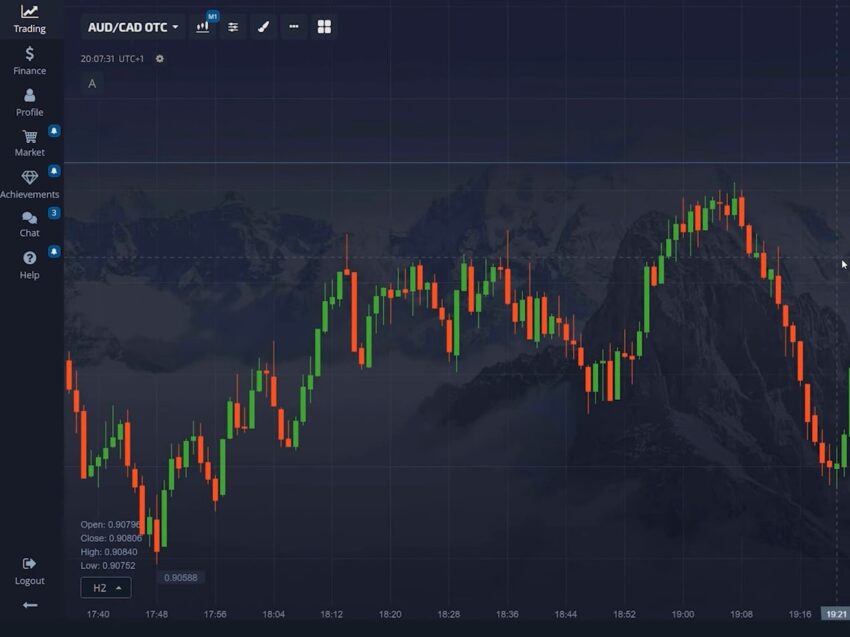Binary options trading has become increasingly popular over the past few years due to its high profitability potential and appeal among beginner traders. Choosing the right binary options trading platform is essential for those using this new financial instrument.
Selecting a reputable and trustworthy binary options broker can be tricky with so many options available online. However, understanding what you should look for in a platform is critical in ensuring you trade with peace of mind and enjoy your experience as much as possible. Read on for a guide to selecting the right binary options trading platform.
Regulation and Licensing
One of the most important things to consider when selecting a trading platform is whether they are regulated and licensed by an applicable regulatory body. Regulation ensures that a broker keeps accurate records, follows all relevant laws, and gives customers fair products and services. This is crucial if you want to ensure your investment is safe.
Some examples of regulatory bodies overseeing binary options brokers include:
- The UK’s Financial Conduct Authority (FCA)
- The Commodities Futures & Trading Commission (CFTC) in the USA
- CySEC – Cyprus Securities & Exchange Commission.
To verify that a particular broker holds valid regulation from an applicable body, simply look out for certifications listed on their website or contact their customer service team, who should be able to provide further details upon request.
Types of Assets
Investors who want to make the most money need to know what kinds of assets they can trade on binary options trading platforms. This guide will give you an overview of the different types of assets and help you decide which one fits your needs and investment goals the best.
1. Stocks
Stocks offer much cash and the chance for long-term growth, but sudden changes and investments can be risky. Dividends can offer additional income. Different types of stocks have different levels of risk and return, and market volatility affects stock prices, influencing investor returns.
2. Commodities
Commodities like oil and gold can provide diversified benefits, but their prices can be volatile due to global events (e.g., natural disasters and political unrest) and limited supply. They are helpful for portfolio diversification and hedging against inflation.
3. Currencies
Foreign exchange trading enables access to global markets and protection from market volatility. Currency rates may fluctuate rapidly, creating potential losses. Significant events and news can also impact exchange rates. Leverage magnifies profits and losses in FX trading.
4. Indices
Indices are an excellent way for investors to track and compare how certain regions or sectors of the global market are doing. Geopolitical factors and economic data can influence changes in index values.
You can gain a deeper understanding of binary assets by reading this guide. It covers a comprehensive overview of binary options assets and how they are classified into various types.
Payouts and Returns

Knowing how each platform’s payouts and returns work can help you make a more informed decision when selecting the best binary options trading platform for you. Here are some key points to consider when comparing payouts and returns among different platforms:
1. Payout Rates
This is the amount that will be earned if an option expires successfully. The higher this rate, the greater the potential trade gain or profit.
2. Return on Investment
Return on investment is the amount of invested capital that can be expected in profits. Over time, returns with a high ROI rate are likely to be better, while returns with a low ROI rate may not be the best in long-term trading situations. Compare ROI rates between platforms because they are very different and can affect binary trading options’ profitability.
3. Risk/Reward Ratio
Binary options brokers offer varying risk/reward ratios. Low-risk trades have a higher chance of success but lower payout rates, and high-risk trades have higher payout rates but a lesser probability of success.
User Interface and Platform Features

A good binary options trading platform, like binaryoptions.com, should have a user-friendly interface, functional features like demo accounts and mobile apps, educational resources, and reliable customer service. Here are some essential things to think about when judging the user interface and platform features of a binary options trading platform:
- Explore how easy it is to access information on the platform. Are navigation menus simple or complex? How quickly can you find details such as account balances or open positions? Does the layout make sense for your particular style of trading?
- Evaluate if there are enough tools and resources available on the platform to support your investment objectives. Do they offer demo accounts so that you can practice before risking real money?
Customer Support
Good customer support is essential in binary options trading. Look for platforms with multiple ways to get help quickly, like phone, email, or live chat support.
Also, look into each platform’s reputation before making a decision. Read customer reviews and comments about how good their customer service is to make sure you choose one that other traders like.
If possible, test out each platform’s customer service before making a deposit; this will give you an honest indication of how responsive they are and help guide your decision-making process.
Security and Privacy

When choosing a binary options trading platform, ensure it has strong data protection, so you can be sure your personal information and money will be safe while you use it. Look for guarantees like encryption protocols and privacy policies that explain how the platform provider handles the information it collects. This information should be easy to find on the website or in the terms and conditions.
Also, pick platforms with up-to-date security software to protect yourself from malware attacks and other threats from cybercriminals. It should be prominent on their website.
Conclusion
Selecting the right binary options trading platform requires careful consideration of various factors. Before making a choice, it’s essential to look at the broker’s regulatory and licensing status, the types of assets that can be traded, the payouts and returns, the user interface and platform features, customer service, and security and privacy measures.
By taking the time to research and compare different platforms, investors can make sure they choose a reputable and trustworthy broker that meets their trading needs and makes trading safe.
Related Posts:
- The Psychology Of Binary Options Trading: Overcoming…
- California's Top 5 Dangerous Spiders: Don't Get…
- Campsites & Coconuts: Choose the Best Camping Spot…
- Light Your Home Efficiently with These Tips: Shine…
- The Art of Seduction: Tips for Choosing the Right…
- What Is the Healthiest Type of Pool? Exploring…











